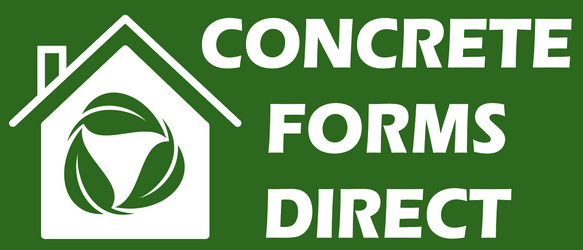What are ICF blocks?
ICF blocks are a construction system that consists of rigid foam insulation forms that stay in place as a permanent part of the wall. Concrete is poured into these forms to create a highly energy-efficient and durable wall structure.
Why should I use ICF blocks for construction?
ICF blocks offer excellent insulation properties, soundproofing, and durability. They are known for their energy efficiency, resistance to extreme weather, and ease of construction.
How do I choose the right ICF blocks for my project?
The choice depends on factors such as your climate, design preferences, and budget. Thicker blocks provide better insulation, but they may cost more. Consult with an ICF Installation specialist for guidance.
What are the steps involved in building with ICF blocks?
The typical steps include planning and design, preparing the foundation, stacking and bracing the ICF blocks, pouring concrete, and finishing the walls with interior and exterior materials.
Do I need specialized tools and skills to work with ICF blocks?
While ICF construction requires some specialized tools, it's feasible for skilled contractors. If you're new to ICF, it's advisable to undergo training or consult with experienced professionals.
How does ICF construction compare in cost to traditional construction methods?
Initially, ICF construction may be more expensive due to the cost of the blocks and additional insulation. However, the long-term energy savings and durability can make it cost-effective in the long run.
Are there any specific building codes or regulations related to ICF construction?
Building codes can vary by location. It's essential to check with your local authorities and ensure your ICF construction complies with the relevant codes and regulations.
What maintenance is required for ICF walls?
ICF walls are low maintenance. Regular inspections for cracks and other issues are recommended, but the insulation and structural integrity typically require minimal upkeep.
Can I use ICF blocks for all types of construction projects?
ICF blocks are versatile and can be used for various building types, including residential, commercial, and industrial. However, the suitability may vary depending on the specific project requirements.
How do I address electrical and plumbing in ICF walls?
Electrical and plumbing can be accommodated by creating channels or chases in the foam before pouring concrete. These channels are then used for wiring and piping.
Do ICF walls have any limitations in terms of design and finishes?
ICF walls can be finished with various materials, including drywall, stucco, or siding. However, the design should consider the thickness of the walls and the attachment methods for finishes.
What are the energy efficiency benefits of ICF construction?
ICF walls provide superior insulation, reducing heating and cooling costs. They also offer excellent thermal mass, which helps maintain a stable indoor temperature.
Are there any environmental benefits to using ICF blocks?
ICF construction is considered more environmentally friendly due to its energy efficiency and reduced waste during construction compared to traditional methods.
Can I add additional insulation to ICF walls for even higher R-values?
While ICF walls already have good insulation properties, you can add extra insulation if necessary, although it may not always be required, depending on your climate and energy efficiency goals.
